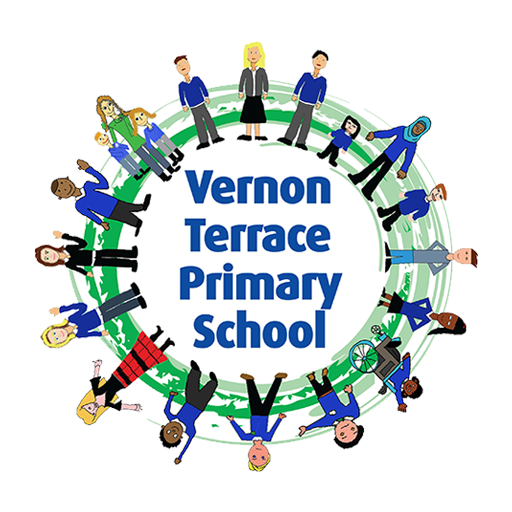Year 3
Year 3 marks the end of Key Stage 1 and the first year of Key Stage 2. Your children will follow the Key Stage 2 programmes of study from the National Curriculum.
Aspects of their work from Key Stage 1 will be regularly reinforced and consolidated as it forms the foundation on which learning is built and grown in Key Stage 2.
Children naturally develop and mature at this stage, becoming increasingly independent and more empathetic towards others.
School closes at 3:15pm.
Teacher: Mrs Rajkumar
HLTA: Mrs Ravikumar
English
Spelling
In English, your child will continue to work on the spelling patterns they have begun in previous years, but this year there is less of a focus on phonics and more emphasis on understanding and learning the spelling patterns and rules, as well as attention to prefixes and suffixes.
The children will practise reading and spelling words from the Year 3 and 4 statutory spelling list, alongside activities to broaden and strengthen their spoken and written vocabulary.
The etymology of words, synonyms and antonyms will be explored.
Writing
The children will continue to develop and be encouraged to use, a joined style of handwriting. They will work towards using an ink handwriting pen for English and topic work.
The focus in English will be on creativity and writing styles: looking at language styles, settings and character within their writing.
The children will be taught to make ambitious word choices alongside using and applying a wider range of punctuation marks. Drama and talk for writing will be used regularly to explore and develop ideas.
Reading
The children will continue to read independently and be read to regularly.
A class novel will be shared during different times of the day to encourage love of high quality literature. The children will examine examining the choices authors make and link these to their own reading and writing.
Maths
The quick recall of times tables is sharply focused on in Year 3. This knowledge is important as it forms the foundation on which much of the work the children will cover in in maths is based.
The 3, 4, 8 and 50 times tables are practised and learned (whilst continuing to recall the 2,5 and 10 times tables learned in Key stage 1).
The children will continue to use practical apparatus such as tens and ones blocks, Numicon and place value tokens to support their understanding of a concept, alongside developing pictorial and written methods of calculation.
The children will be introduced to written methods such as column addition and subtraction as well as extending their knowledge of division, multiplication and applying their skills to problem solving situations.
They will also cover fractions of quantities and shapes, equivalent fractions, angles, parallel lines, measurement, area, perimeter and shape.
Science
Science will continue to be engaging and fun with the children developing their knowledge and enquiry skills while learning about rocks, plants, animals (including humans) keeping healthy, magnets and light.
A key part of this year’s science curriculum will be the children working scientifically and recording investigations, predictions, methods and results in a more formal way.
Your child can also look forward to two PE sessions a week, learning new skills in art and design technology, trips and visits/ visitors, alongside lots of first hand and practical experiences to ensure learning is fun and memorable!

